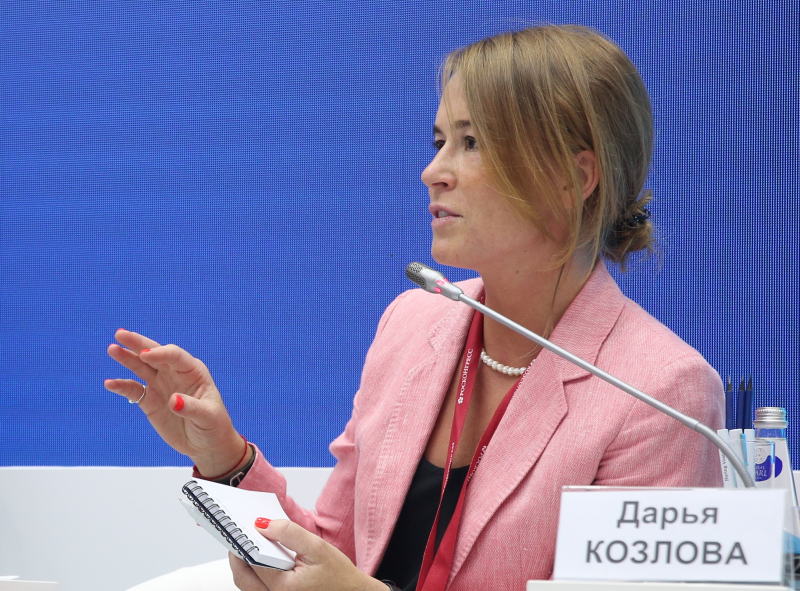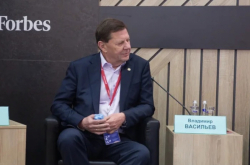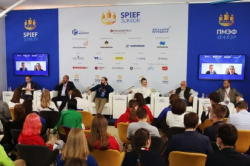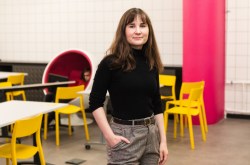Economic development is impossible without a strong and relevant education system. That is why nowadays the key focus is on innovative approaches to the training of students who will join the teams of existing companies or launch their own startups.
The SPIEF 2021 held a panel discussion on modern educational technologies and their relation to entrepreneurship. Among its participants were Elena Ivashentseva, Senior Partner at Baring Vostok Capital Partners, Andrey Ivanov, SVP of Investments, Research and Education at JetBrains, Andrey Ivashchenko, Chairman of the Board of Directors of ChemRar, Natalia Popova, First Deputy СEO of Innopraktika, Yulia Chupina, Senior Vice President of Sberbank, and Daria Kozlova, ITMO’s First Vice Rector.
Education in the new reality
Last year, universities had to face a new reality due to coronavirus, which required a quick introduction of distance learning and new formats of interaction with students. However, Daria Kozlova noted that 2020 brought not only challenges but also opportunities for development.
“The new reality we're in is awesome, and we're really happy! We wanted to find the right balance between the real and the digital worlds, and the new reality meant that we could become more open and transparent much faster. Innovative technologies and formats are our key focus now,” explains she.
Daria Kozlova believes that almost all practices adopted in the past year will become a permanent part of the educational process.
“We can no longer go back now. Students are already booking coworking rooms to watch online lectures together. This is the new reality we're finding ourselves in. The university transforms to meet the needs of the new reality, and we’re actively rebuilding the premises for the new organization of work processes,” adds Daria Kozlova.
Cooperation vs. competition
The coronavirus speeds up the transition to digital education and economy, with a shortage of qualified IT specialists becoming a significant problem. The discussion’s participants believe that the solution lies in university collaboration.
“Top universities can support other universities by making their content public,” notes Yulia Chupina. “Let all students, regardless of their university, have access to online lectures from ITMO, MIPT, and so on. We must let the knowledge spread around the country.”
Daria Kozlova agreed that universities should rely on cooperation, not only with other universities but also companies that launch their educational platforms.
“We think that everything counts. ITMO students can take a course from Netology, JetBrains, Yandex, or SberBank and integrate it into their individual learning tracks,” she says.

The panel discussion on innovative educational technologies in the service of business at SPIEF 2021
Beyond the boundaries
Modern education needs a more adaptive learning system that better reflects students’ wishes and inclinations.
“Already in the fifth grade, school students choose their path for development. If you didn’t have classes in physics and mathematics, then you’re unlikely to study at a tech university later. But how can a fifth grader know what they want to study? And with time, there are fewer and fewer options. And by the time people realize what they like or dislike, they may have a degree,” Andrey Ivanov shares his opinion.
One of the answers is interdisciplinary teaching that gives students of different specializations an opportunity to communicate with each other and try their hand at different projects.
“We should find ways to let our physics students meet biology and programming students, work together, and decide whether they’ve made the right choice. For example, ITMO introduced a special program that allows students to study other disciplines,” stresses Daria Kozlova.
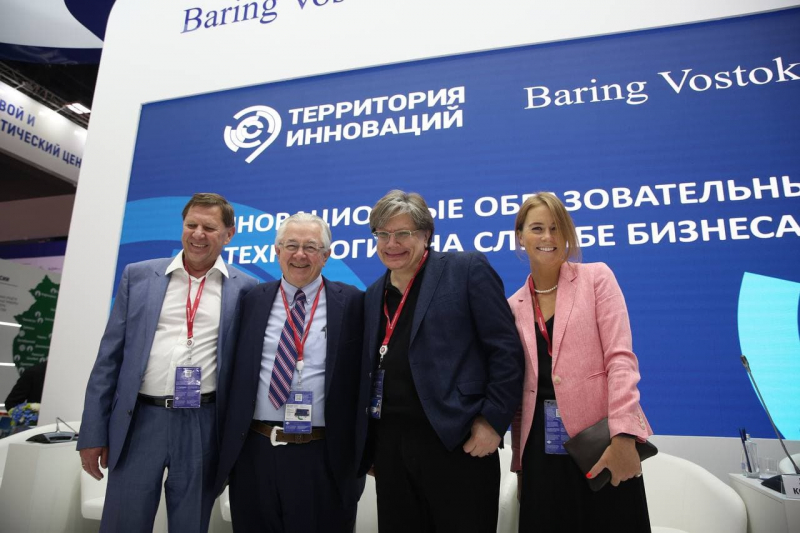
The panel discussion on innovative educational technologies in the service of business at SPIEF 2021
Creating an environment for innovation
The participants also discussed how to create an atmosphere in which students are not afraid to create new projects and startups.
Natalia Popova thinks that people should change their attitude to failure. In her opinion, today’s society is extremely mistake-intolerant and thus suppresses ambitions. “We should start with our values first,” she notes.
As emphasized by Daria Kozlova, the university must be a free space for students where they are not afraid to experiment, receive support from its graduates, and get inspired by their success stories. Moreover, the system should be student-friendly.
“The university of the future promotes equality. I think that students should have more opportunities to talk to their teachers and get advice. But it requires specific rooms and other important details that create an environment for generating new ideas,” concludes Daria Kozlova.
Full live streaming of the discussion can be found on the official website of SPIEF 2021.
